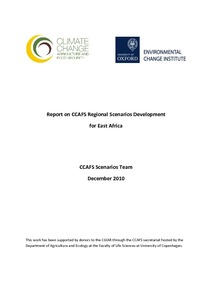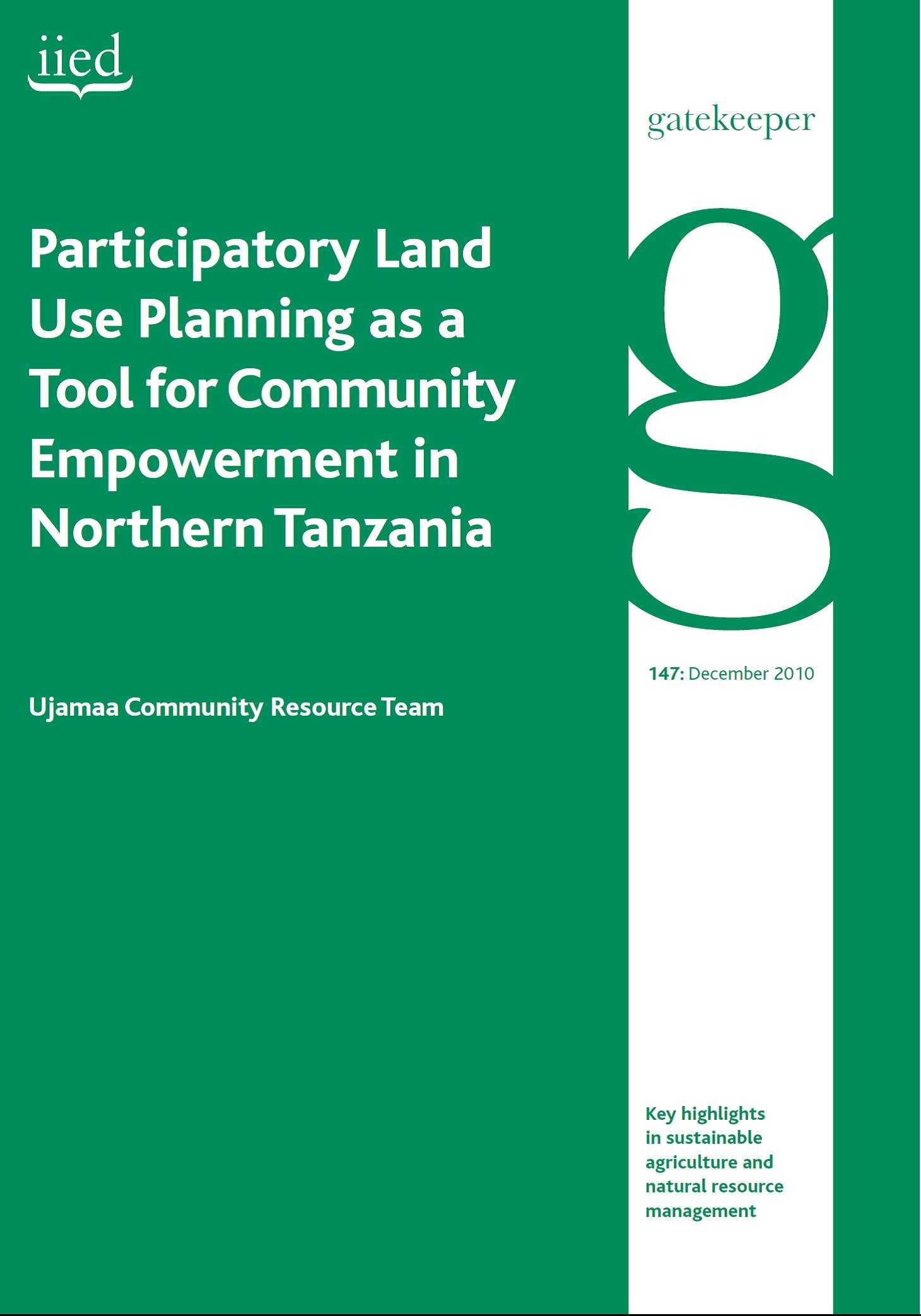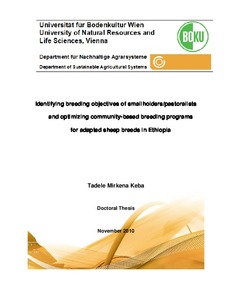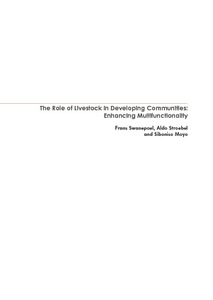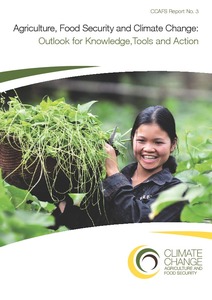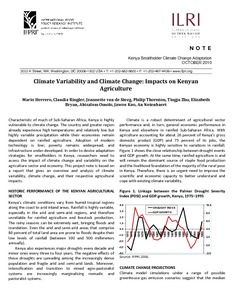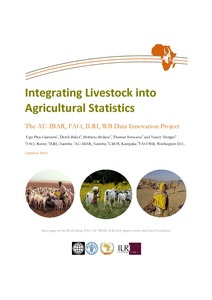Participatory Land Use Planning as a Tool for Community Empowerment in Northern Tanzania
This paper presents several case studies to show how the Ujamaa Community Resource Team (UCRT) has been working within Tanzania’s legal and policy framework to support a diverse range of pastoralists, agro-pastoralists and hunter-gatherers, all of whom face fundamental threats from external appropriation of, or encroachment on, lands and natural resources.
Climate change adaptation and mitigation in agriculture: Science workshop report
CGIAR and partner scientists met in Cancun, Mexico, with the purpose to advance science on climate change adaptation and mitigation, according to the scope of the CGIAR Research Program on Climate Change, Agriculture and Food security (CCAFS).
Implication of Legislative Reform under The Land Act of Bhutan, 2007: A case study on Nationalization of Tsamdro & Sokshing and its associated socioeconomic and environmental consequences
Given its seemingly beneficial aspects to socioeconomic development and environmental well-being, the legislative reforms initiated under the Land Act of Bhutan, 2007 have raised so much consternation as well as hope in the minds of the Bhutanese people who either depend on livestock husbandry or leasing out such rights to others with livestock and compensated with payment in cash or kind in th
Identifying breeding objectives of smallholders/pastoralists and optimizing community-based breeding programs for adapted sheep breeds in Ethiopia
The aim of this thesis was to identify breeding objectives of smallholder and pastoral sheep keepers in Ethiopia (Afar, Bonga, Horro and Menz areas) and to design appropriate community-based breeding plans for genetic improvement of four indigenous sheep breeds. Information on genetics of adaptation in farm animals was reviewed.
Heat, rain and livestock: Impacts of climate change on Africa’s livestock herders
What’s the future for Africa’s livestock herders as our climate changes, becomes less predictable, heats up? How can scientific research help remote pastoral communities? Among the poorest of the world’s poor, herders supply milk and meat not only for themselves but for large numbers of other poor people.
The role of livestock in developing communities: Enhancing multifunctionality
This book is the product of a Satellite Symposium on the Role of Livestock in Developing Communities: Enhancing Multifunctionality, held as part of the 10th World Conference on Animal Production (WCAP) in Cape Town, 22 – 28 November 2008.
Agriculture, food security and climate change: Outlook for knowledge, tools and action
Agriculture and food security are key sectors for intervention under climate change. Agricultural production is highly vulnerable even to 2C (lowend) predictions for global mean temperatures in 2100, with major implications for rural poverty and for both rural and urban food security.
Resource utilization and managing conflict in the pastoral community of Ethiopia
Climate variability and climate change: Impacts on Kenyan agriculture
Integrating livestock into agricultural statistics: The AU-IBAR, FAO, ILRI, WB data innovation project.
Small ruminant production in coffee-based mixed crop-livestock system of Western Ethiopian Highlands: Status and prospectus for improvement
The study was conducted in Goma district of Jimma Zone of Ethiopia with the objectives of documenting the reasons why
farmers in coffee dominant mixed-farming systems of western Ethiopia keep small ruminants, and identifying the
constraints and opportunities for improvement of this sector. Results are based on diagnostic survey of 160 sample

